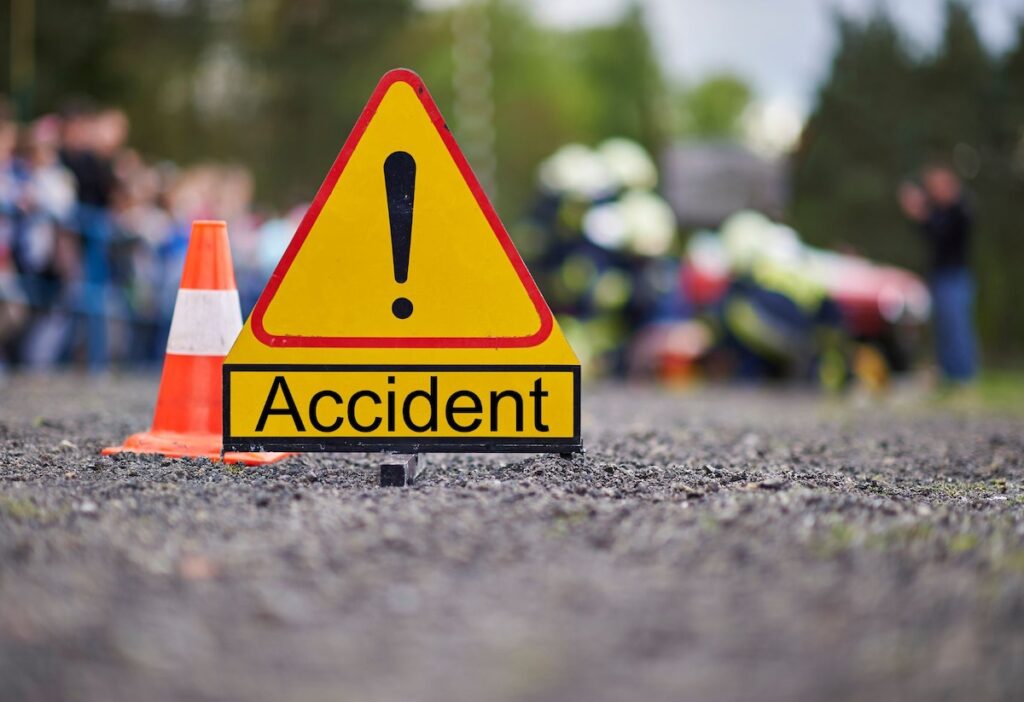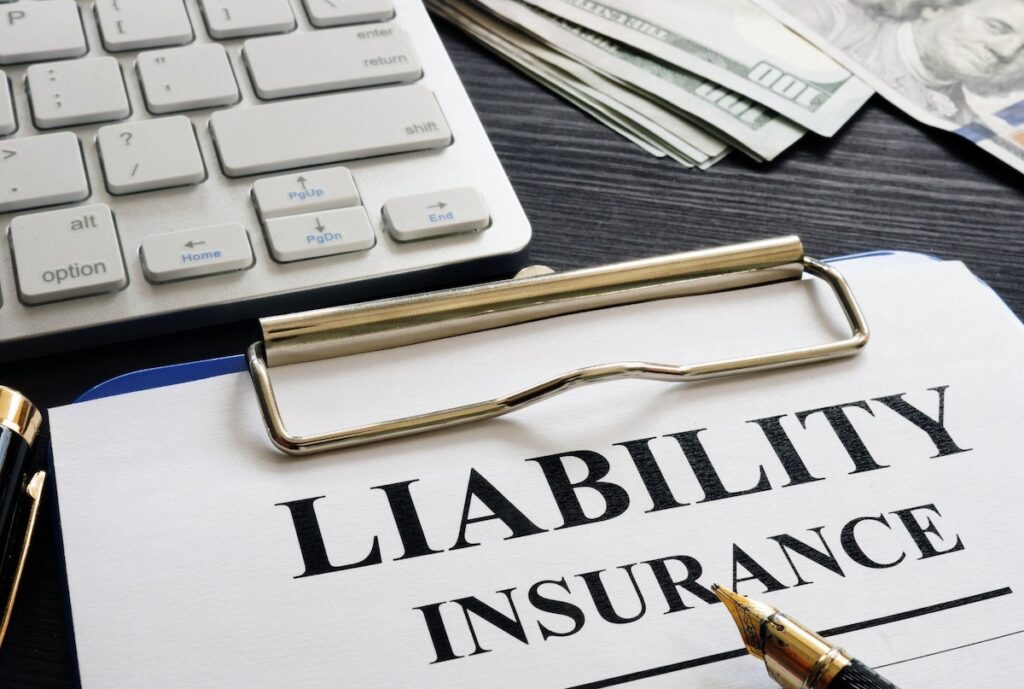One of the most significant legal risks for any business is the potential liability for the wrongful acts of others. This concept is known as vicarious liability. Understanding how it works and why it matters can help business owners manage risk and protect their company from costly litigation.
Direct Liability vs. Vicarious Liability
To understand vicarious liability, it’s helpful to first distinguish it from direct liability. Direct liability occurs when a business is directly responsible for wrongful conduct. For example, if a company fails to maintain safe premises and a customer is injured as a result, the liability arises from the company’s own negligence.
Vicarious liability, on the other hand, is different. In this situation, the business itself may not have done anything wrong. Instead, the law holds the company responsible for the wrongful acts of its agents or employees. This legal principle is known as respondeat superior, a Latin phrase meaning “let the master answer.” It reflects the idea that employers are accountable for the actions of their employees performed in the course of their employment.

How Respondeat Superior Works
Under the doctrine of respondeat superior, an employer can be held liable for an employee’s wrongful act if two main conditions are met. First, the act must have been committed by an employee or agent of the business. Second, the act must have occurred within the scope of employment—meaning the employee was carrying out duties related to their job or acting in a way reasonably connected to their work.
A common example involves a delivery driver who causes a car accident while making deliveries for the company. Even if the employer had no direct role in the accident, the law may assign liability to the business because the employee was acting in the course of their job. This applies across many industries, including transportation, healthcare, and professional services.

The Policy Behind Vicarious Liability
The law imposes vicarious liability for several policy-based reasons that serve both fairness and public interest:
- Risk spreading: Businesses are typically better equipped to absorb or manage the costs of accidents through insurance or pricing adjustments, ensuring injured parties aren’t left without compensation.
- Encouraging oversight: Holding employers responsible incentivizes them to provide proper training, supervision, and monitoring of their employees. This promotes safer workplaces and more responsible practices.
- Fairness: Employers benefit financially from the work their employees perform. It is therefore equitable that they also share in the risks associated with those activities.
These principles together promote accountability and reinforce the importance of maintaining strong management practices within any organization.
Recognizing the Limits of Liability
There are limits to vicarious liability. If an employee commits a wrongful act far outside the scope of employment—such as during a personal errand unrelated to their job—the employer is generally not liable. However, businesses may still face direct liability claims if their own actions contributed to the harm. Examples include negligent hiring, poor supervision, or failure to enforce safety policies.
This distinction emphasizes that even when vicarious liability does not apply, a business can still be exposed to legal risk if it fails to act responsibly in managing its workforce.

Managing Risk Through Prevention and Preparedness
For business owners, understanding vicarious liability is not just an academic exercise—it’s a practical necessity. Preventing legal exposure starts with thoughtful hiring, thorough employee training, and consistent oversight. Establishing clear policies, documenting compliance efforts, and maintaining adequate insurance coverage are essential steps in reducing risk.
Equally important is maintaining an ongoing relationship with a qualified business attorney. Legal counsel can help identify potential vulnerabilities and implement strategies to mitigate liability before issues escalate. At Richardson, we believe proactive planning is always less costly than a reactive defense.
Ultimately, vicarious liability underscores the reality that every employee’s actions reflect on the business. By taking preventive measures and fostering a culture of accountability, companies can protect both their reputation and their bottom line.
